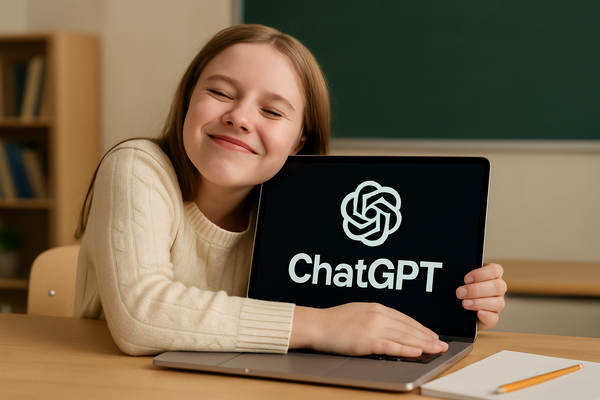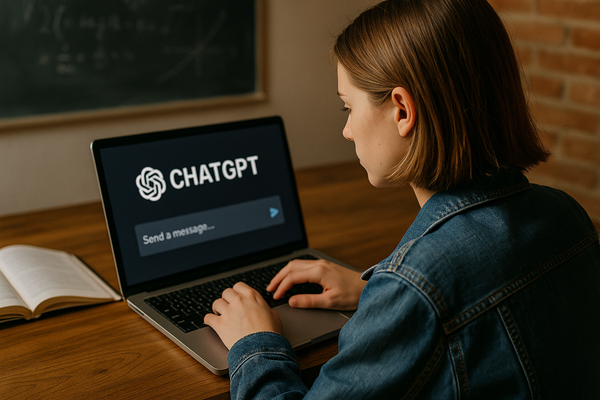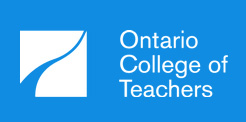How AI Affects Student Learning and Homework
As artificial intelligence (AI) continues to permeate various aspects of education, it brings with it both opportunities and challenges, particularly in the realm of academic integrity. With the proliferation of AI-powered tools and platforms, the landscape of cheating and shortcuts in education is undergoing a significant transformation. In this dynamic environment, teachers must adapt to new strategies and approaches to uphold academic honesty and ensure that students engage with their studies in a meaningful and ethical manner.
The Changing Face of Cheating and Shortcuts
AI has ushered in a new era of academic dishonesty, presenting students with innovative ways to circumvent traditional learning processes. From AI-generated essays and automated plagiarism to sophisticated exam cheating methods, the landscape of cheating and shortcuts is evolving at a rapid pace. Students now have access to AI tools that can generate original-looking content in a fraction of the time it would take to produce it manually, posing a challenge to the traditional methods of detecting plagiarism.
Moreover, AI-enabled devices and applications provide students with unprecedented access to information during exams, blurring the line between academic integrity and dishonesty. With the ability to quickly search and process vast amounts of data, students can easily leverage AI to find shortcuts to completing their assignments and assessments, potentially undermining the integrity of the educational process.
Adapting to the AI Challenge
In the face of these evolving challenges, educators must adapt to effectively address issues related to cheating and shortcuts in the AI era. Embracing a proactive and multifaceted approach is essential to maintaining academic integrity and fostering a culture of ethical learning.
First and foremost, teachers must familiarize themselves with AI-powered cheating methods and stay abreast of the latest technological advancements. This knowledge equips educators with the tools to recognize red flags and effectively identify instances of AI-enabled academic dishonesty. By remaining informed about emerging AI technologies, educators can better anticipate potential cheating methods and take preemptive measures to safeguard academic integrity.
Additionally, educators should consider integrating AI-powered tools into their teaching practices, using them as educational resources to promote learning rather than shortcuts. By leveraging AI for educational purposes, teachers can demonstrate to students the positive and constructive applications of AI, steering them away from the temptation to misuse these technologies for unethical gains.
A new creative lens for learning
A crucial aspect of adapting to the AI challenge involves reimagining assessments and assignments to align with the capabilities and limitations of AI. By designing assessments that emphasize critical thinking, problem-solving, and creativity, educators can create tasks that are less susceptible to AI-enabled shortcuts. Furthermore, incorporating collaborative and open-ended projects can foster an environment where original thinking and individual contribution are valued, mitigating the influence of AI-generated content.
Moreover, promoting a culture of academic integrity through open dialogue and awareness campaigns is essential. Educators can engage students in meaningful discussions about the ethical implications of AI in education, encouraging them to reflect on the importance of honesty, integrity, and the responsible use of technology. By fostering a community that values academic integrity, educators can empower students to make ethical choices and resist the allure of AI-enabled shortcuts.
Finally, educators should explore the potential of AI in detecting and preventing academic dishonesty. AI-powered plagiarism detection tools and proctoring systems can serve as valuable allies in maintaining academic integrity. By harnessing AI to monitor and analyze student work, educators can identify instances of cheating and shortcuts, providing them with the insights needed to address these issues effectively.
Leave a comment :)
Comments will be approved before showing up.
Also in Isyourkidlazy.com

Signs Your Child Is Over-Relying on ChatGPT for Learning
Worried your child is relying too much on ChatGPT? Learn key signs of AI overuse in learning, how it impacts real skill development, and what parents can do to guide smarter tech habits.

How ChatGPT in Education is Evolving
Discover how ChatGPT in education is changing learning—from personalized tutoring to smarter learning tools. Explore the impact of AI in classrooms and beyond.


Rachel Esco
Author